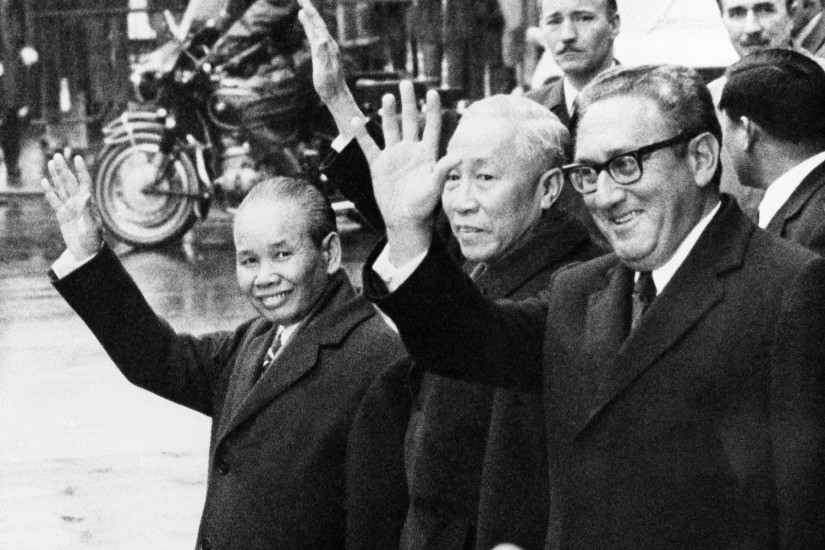The Vietnam experience cured a generation of American military officers, led by Colin Powell, of the desire to try that kind of nation-building in distant lands again for nearly 30 years — but that changed when Al Queda operatives trained in Afghanistan carried out the 9/11 attack.
In the wake of 9/11, the Bush Administration decided not only to go after Osama bin Laden and al-Queda, but also to overthrow the Taliban government that had shielded them and to replace it with a friendly state. In the early 2000s, that effort seemed to be succeeding, but by late in the decade the Taliban was resurgent in much of the Afghan countryside. The new Afghan government, like the South Vietnamese government that the U.S. had supported decades earlier, was riddled with corruption, and seemed more focused on dividing up American aid than defeating its enemy. Nonetheless, three successive administrations — those of George W. Bush, Barack Obama and Donald Trump — continued to deploy American forces to try to win a victory, or at least avoid a defeat.
Realistically, the chance of securing control of Afghanistan was never very great. Its population was nearly four times greater than South Vietnam, yet American and other NATO troops peaked at about 140,000 during the Obama years, compared to about 550,000 in Vietnam. In addition, as the U.S. finally had to realize, the Taliban drew both sanctuary and support from Pakistan. And as had been the case with Vietnam, the American people eventually lost the desire to see the war continue. By the end of the Obama years, the U.S. and NATO were withdrawing forces again. Donald Trump, Bob Woodward has revealed, viewed the whole war very skeptically when he took office two years ago, though his original national security team convinced him to continue it and even raise troop levels slightly again.
By now, however, his original team of traditionalists is gone. Meanwhile, the Taliban has continued to gain ground in much of the country. Last week, theNew York Times reported that U.S. negotiator Zalmay Khalilzad — the new Henry Kissinger — was close to reaching an agreement with the Taliban, an arrangement praised by Trump in his State of the Union address on Tuesday night. In return for a U.S. withdrawal, the Taliban would undertake never to allow anti-American terrorists to operate within territory they controlled. As was the case in 1972, the Americans and their enemies had reached a deal without going through the American-supported government. As Thieu did in 1972, the Afghan President, Ashraf Ghani, immediately protested. Like Diem and Thieu, he had built up Afghan forces with U.S. help. Though he reports that more than 45,000 of them have been killed since 2014, he has still been losing ground to the Taliban, and like Thieu, he doesn’t seem to have much confidence that he can maintain power without an American presence.
